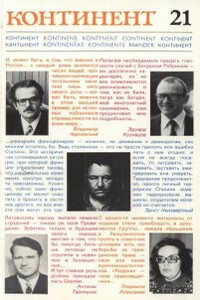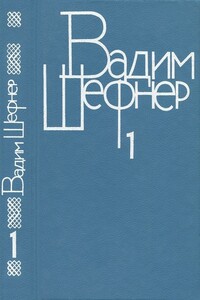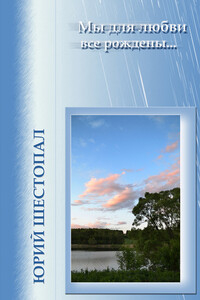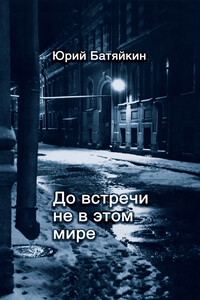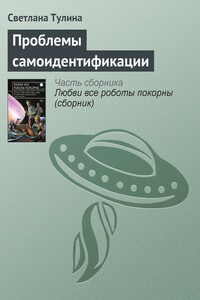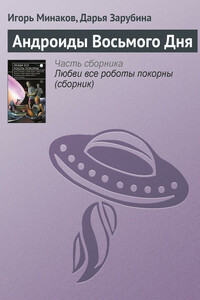[N. Vachel Lindsay, 1879—1931] — северо-американский поэт. Вырос в семье врача. Готовился стать искусствоведом. Не находя издателей для своих произведений, становится поэтом-бродягой. По всей стране Л. проповедует евангелие красоты, поет песни и "проповеди" (orations), вовлекая в массовое действо толпу слушателей. Л. возвел искусство в религию, долженствующую усовершенствовать общество. Наряду с утопиями будущего царства красоты он не менее рьяно воспевал также пророка мелкой буржуазии в ее борьбе с плутократией — вождя демократов Брайена ("Bryan, Bryan, Brayn, Brayn"). Как и Брайен, поэт видит спасение Америки в возрождении мелких городков земледельческого Mid West’a. Линдсей создал свой синкопический "напевный стих", снабженный указаниями для исполнителя, рассчитанный не на чтение про себя, а на многочисленную аудиторию. Несмотря на личный успех поэта-исполнителя, его стихотворения не нашли однако отклика в широких массах.
THE CHINESE NIGHTINGALE
A Song in Chinese Tapestries
Dedicated to S.T.F.
“How, how,” he said. “Friend Chang,” I said,
“San Francisco sleeps as the dead –
Ended license, lust and play:
Why do you iron the night away?
Your big clock speaks with a deadly sound,
With a tick and a wail till down comes round.
While the monster shadows glower and creep,
What can be better for men than sleep?”
“I will tell you a secret,” Chang replied;
“My breast with vision in satisfied,
And I see green trees and fluttering wings,
And my deathless bird from Shanghai sings.”
Then he lit fire-crackers, “cra-cra-crack!”
He lit a joss-stick long and black.
Then the proud gray joss in the corner stirred;
On his wrist appeared a gray small bird,
And this was the song of the gray small bird:
“Where is the princess, loved forever,
Who made Chang first of the kings of men?”
And the joss in the corner stirred again;
And the carved dog, curled in his arms, awake,
Barked forth a smoke-cloud that whirled and broke.
It pilled in a maze round the ironing-place,
And there on the snowy table wide
Stood a Chinese lady of high degree,
With a scornful, witching, tea-rose face…
Yet she put away all form and pride,
And laid her glimmering veil aside
With a childlike smile for Chang and for me.
The walls fell back, night was aflower,
The table gleamed in a moonlit bower,
While Chang, with a countenance carved of stone,
Ironed and ironed, all alone.
And thus she sang to the busy man Chang:
“Have you forgotten…
Deep in the ages, long, long ago,
I was your sweetheart, there on the sand –
Storm-worn beach of the Chinese land?
We sold our grain in the peacock town
Built on the edge of the sea-sands brown –
Built on the edge of the sea-sands brown…
When all the world was drinking blood
From the skulls of men and bulls,
And all the world had swords and clubs of stone,
We drank our tea in China
beneath the sacred spicetrees,
And heard the curled waves of the harbour moan.
And this gray bird, in Love’s first spring,
With a bright-bronze breast and a bronze-brown wing,
Captured the world with his carolling:
Do you remember, ages after,
At last the world we were born to own?
You were the heir of the yellow throne –
The world was the field of the Chinese man
And we were the pride of the sons of Han.
We copied deep books, and we carved in jade,
And wave white silks in the mulberry shade…”.
“I remember, I remember
That Spring came on forever,
That Spring came on forever,”
Said the Chinese nightingale.
My heart was filled with marvel and dream,
Though I saw the western street-lamps gleam,
Though dawn was bringing the western day,
Though Chang was
a laundryman ironing away…
Mingled there with the streets and alleys,
The railroad-yard, and the clock-tower bright,
Demon-clouds crossed ancient valleys:

